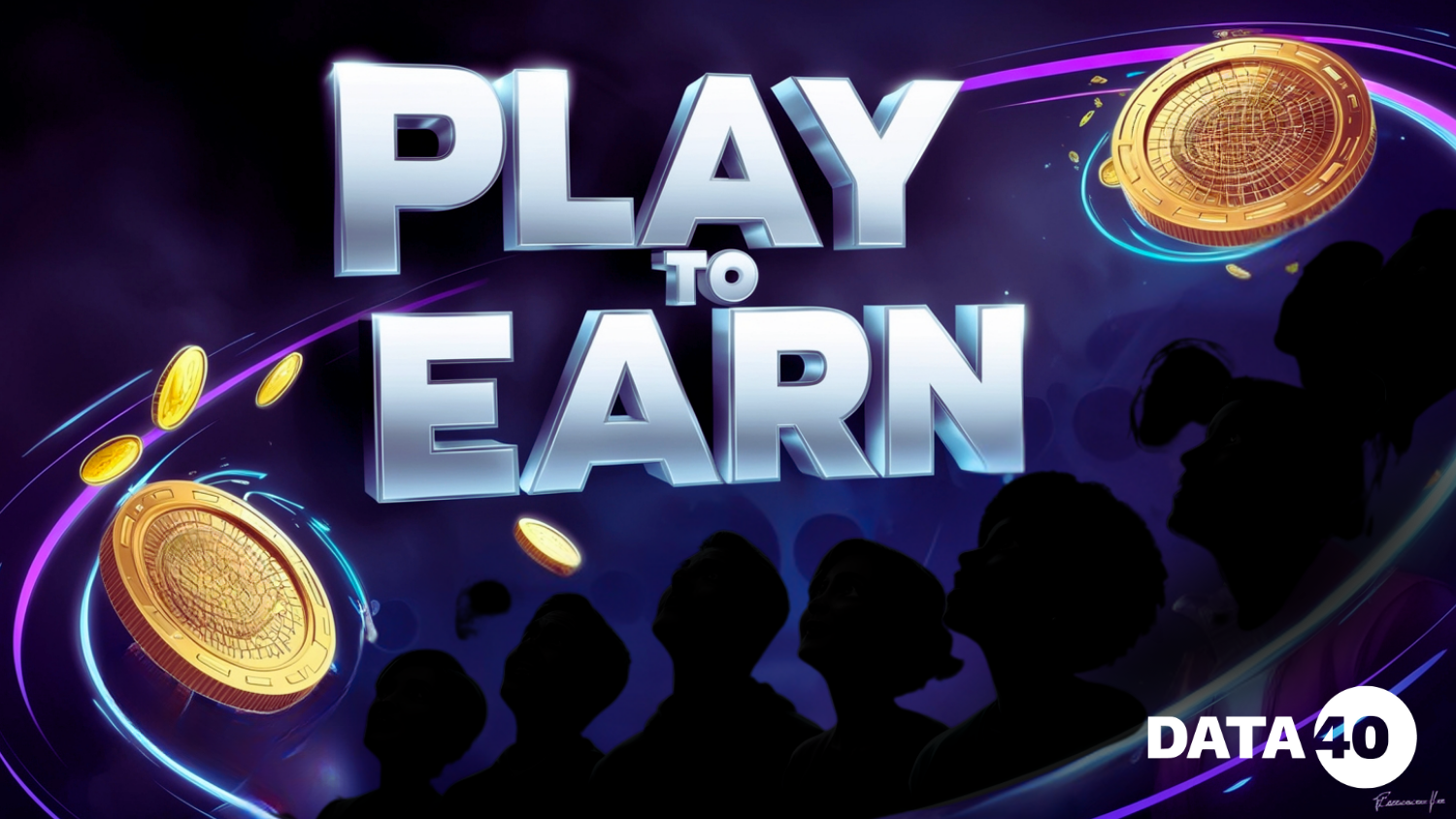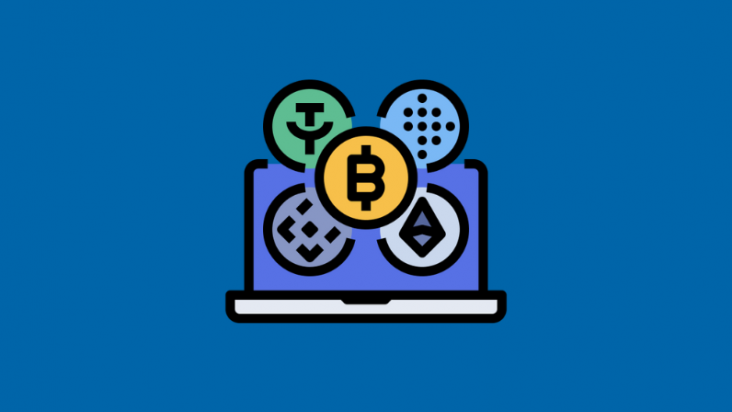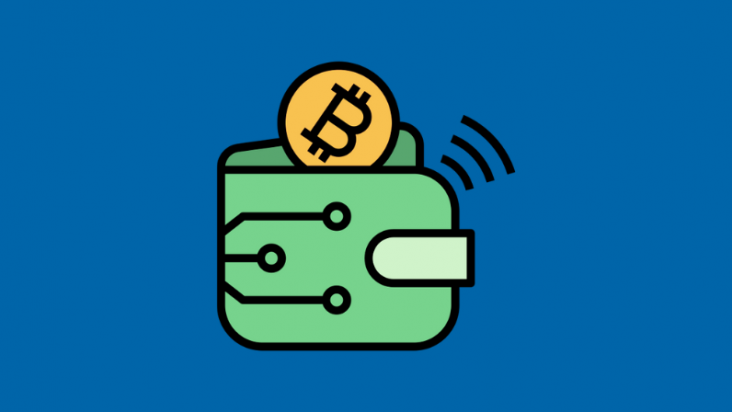
P2E gamification, powered by blockchain technology and NFT, is rapidly changing the video game industry. These mechanics allow players to not just participate in the gameplay, but to reap real economic benefits from their achievements. At the same time, the perception of P2E among traditional gaming companies remains mixed.
This article brings together fresh opinions and initiatives from leading industry players to help understand where the market is heading and how it is affecting classic gamification models.

Major game companies’ positions on P2E:
Ubisoft is enthusiastic and cautiously optimistic about NFT and P2E. The company was one of the first major game studios to actively experiment with these technologies. In 2021, it launched Ubisoft Quartz, a platform that allows NFT assets to be incorporated into games. This allowed players to own in-game items known as Digits and sell them on blockchain markets.
Despite mixed reactions from the community to Ubisoft’s initial moves to incorporate NFT and P2E technologies into its games Ubisoft continues to explore the possibilities of Web3, releasing its first Champions Tactics game as early as October 23. The game allows unique ways to play and earn by engaging in battles using NFT-based characters. Champions Tactics utilizes the Oasys blockchain and offers two types of NFTs: Warlords and Champions. Warlords represent unique profile pictures (PFPs) and unlock access to exclusive in-game content. Warlord NFT holders receive early access to alpha and beta versions, as well as new tokens. They also provide increased in-game income, making them especially valuable for active players.
The company sees great potential in blockchain technology, striving to find a balance between innovation and players’ interests. This approach allows Ubisoft to remain an active participant in the transformation of the industry by adapting new technologies to the needs of its community.
Square Enix is actively developing Web3 and NFT, focusing on creating games with Play-to-Earn (P2E) mechanics and blockchain technology integration. The company invests in blockchain projects, develops NFT collections, incorporates P2E elements into its games and creates fully blockchain-based game projects. Square Enix collaborates with various blockchain platforms and develops its own solutions for the Web3 ecosystem.
In February 2022, the company created a blockchain division for strategic development in this area. Notable projects include Symbiogenesis, a story-based adventure utilizing blockchain technology. CEO Yosuke Matsuda has repeatedly emphasized the importance of Web3 for the future of the gaming industry, noting its potential to create digital assets that truly belong to players and to shape unique economic ecosystems.
Square Enix also supports Web3 developers, as evidenced by its participation in projects such as Soccerverse (July 12, 2024) and HyperPlay (March 21, 2024).
Sega is taking a more cautious approach than Square Enix. In 2021, CEO Haruki Satomi noted that blockchain and P2E have potential, but Sega is paying more attention to market and player response. The main priority remains creating an engaging gaming experience rather than pursuing monetization.
In an interview from January 2022, Satomi clarified the company’s stance on P2E and NFT. He noted that Sega is experimenting and researching in this area, but no concrete decisions have been made yet. The company is carefully evaluating user reactions, possible negative effects and the limitations of Japanese regulation. Sega is ready to develop this area if it is in line with the company’s mission – “Constant creation, eternal fascination”. However, if it is perceived as a mere quest to make money, the company is willing to abandon such ideas. This approach underscores Sega’s caution in introducing new technology, prioritizing player perception, and striving to retain the trust of its audience.
In an interview with Bloomberg News in 2023, co-CEO Shuji Utsumi said that P2E (play-to-earn) games are boring and that the firm will keep its biggest franchises from third-party game projects on blockchain to avoid devaluing its content. The use of Web 3.0 technologies in Sega’s game plans is uncertain at the moment, as the company is not providing statements on the matter
Electronic Arts has shown interest in blockchain technology, but has so far refrained from taking active steps towards P2E. CEO Andrew Wilson has stressed the importance of using these technologies to improve the gaming experience rather than focusing on monetization. EA continues to monitor developments in this area, while focusing on familiar monetization models like subscriptions and in-game purchases.
Activision Blizzard is taking a wait-and-see approach to P2E after its merger with Microsoft. The company is exploring the possibilities of blockchain, but its main focus is on content quality and audience trust. Company representatives said that any new model must meet the expectations of the community. At the moment, there are no P2E or NFT solutions in its projects.
Bandai Namco and Konami are actively developing Web3 and P2E, investing significant resources in creating games with elements of blockchain and NFT. The companies see these technologies as new opportunities to increase player interaction, create sustainable digital economies, and increase audience engagement. They are experimenting with meta-universes and integrating digital assets into their game ecosystems, betting on the long-term development of this area.
Take-Two Interactive is taking a more cautious stance on P2E and blockchain. The company continues to experiment with these technologies, but avoids major announcements or mass innovation in its core franchises. Take-Two is trying to strike a balance between introducing new business models and maintaining the traditional gaming experience so as not to alienate its core audience. Overall, both companies continue to develop in the Web3 area, but with different degrees of involvement: Bandai Namco and Konami show a more proactive and confident approach, while Take-Two prefers cautious testing and gradual integration of new technologies.
Positions of game distribution platforms in relation to P2E
Google Play and the Apple App Store are taking a more cautious stance on P2E games and NFT technologies. Google Play allows blockchain games to be hosted, but requires transparency regarding NFT and Play-to-Earn mechanics, as well as strict adherence to monetization rules. The Apple App Store, on the other hand, allows blockchain games to be published, but imposes high fees on in-game transactions using NFT and requires all purchases to go through Apple’s official payment gateways. Both marketplaces maintain a moderately conservative approach, striking a balance between innovation and user protection.
Epic Games Store has taken the lead in supporting Web3 by adding 81 new blockchain-enabled games in 2024. This confirms the platform’s commitment to innovation to advance P2E and NFT technologies. Epic Games actively supports developers seeking to implement new models of interaction with players and is building a flexible ecosystem where blockchain games can find their place. This approach makes the platform attractive to those looking for an alternative to traditional distribution channels.
Steam, on the other hand, maintains strict restrictions. Valve has banned games with blockchain elements, forcing developers to find other platforms or adapt their projects to meet the platform’s requirements. This ban limits opportunities for Web3 developers and leaves Steam out of the loop on new trends in the gaming industry. This allows the company to stay true to its philosophy of excluding speculative mechanics related to NFT.
Sony remains cautious about implementing Web3. While the company has not officially announced plans in this area, registered patents related to blockchain technology hint at potential interest in P2E. Sony continues to analyze the market, weighing the benefits and risks of integrating such technologies into its console projects, but has so far avoided direct engagement with the field.
Microsoft, despite its experiments with the meta-universe, is using a wait-and-see strategy. Projects like Minecraft and Azure integration allow the company to explore the possibilities of blockchain without actively promoting P2E. Developers are already starting to experiment with Web3 on Microsoft consoles. For example, the game Off the Grid demonstrates the first steps toward blockchain integration on the Xbox platform. This could be an important indicator for the future of Web3 in console gameplay.
Nintendo remains one of the most conservative players in the industry and has refrained from introducing P2E or NFT. The company focuses on traditional game mechanics and family values while avoiding the risks associated with blockchain technology. Nintendo executives have repeatedly stated that the company’s priority is to create games that bring joy and emotional response, rather than integrating new monetization models.
GOG.com, owned by CD Projekt, is not yet engaged in the implementation of P2E or NFT, remaining committed to the traditional approach to game distribution. The platform is known for its focus on players, offering DRM-free projects and prioritizing community. With regards to blockchain and P2E, the company remains neutral, preferring to observe the development of the technology and audience response.
Conclusion
The P2E gaming market is generating mixed reactions among traditional gaming companies. While in 2021-2022 many made loud statements about implementing blockchain in games, in 2023-2024 the approach has become more deliberate and cautious. Square Enix, Bandai Namco and Konami are actively pursuing Web3 and P2E, while EA, Sega and Activision Blizzard have maintained a neutral or skeptical stance. Some, like Square Enix, Bandai Namco and Konami, are actively pursuing this direction, investing significant resources in Web3, NFT and meta-universes. They see P2E as a new opportunity to engage with players and create digital economies. Other companies, such as Ubisoft and Take-Two Interactive, are cautious and continue to experiment, seeking a balance between innovation and player interests.
At the same time, much of the industry, including EA, Sega and Activision Blizzard, maintains a neutral or skeptical stance, preferring to wait and study potential risks and community reaction.
A market leader, like a flagship sailing ship, adheres to a strategy of “leadership through adaptation” – it maintains a steady forward momentum by closely monitoring competitors’ maneuvers and reacting to changes with minimal risk. In the video game industry, Valve acts as this first ship, maintaining a conservative approach to new models, including P2E, and not risking losing its leadership position due to navigational errors. At the same time, Epic Games acts as a second vessel that takes risks, tries new courses, and experiments to capture new territories in the Web3 space. This contrast underscores the polarization of approaches: cautious stability versus aggressive innovation. However, as in a sailing ship race, long-term success depends on how effectively each company can adapt to the changing winds of the industry without losing the trust of its players and maintaining a high quality gaming experience.








